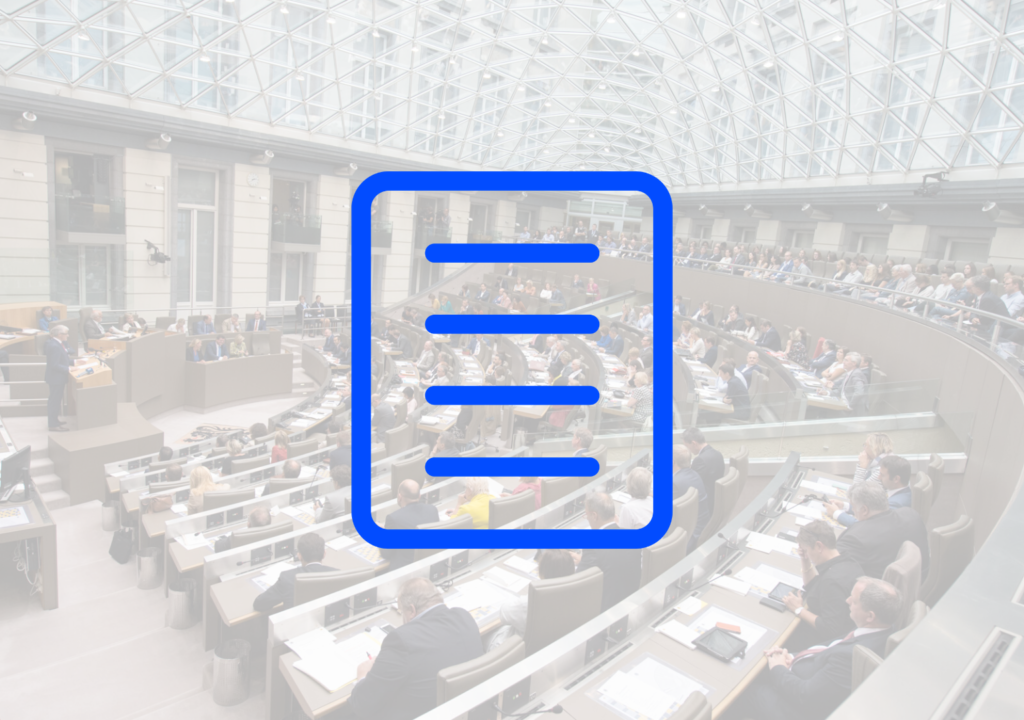In this paper, Jacob Turner focuses on three practical steps that Flanders should take in order to translate the developing ethical discourse on AI from vague principles into practical government mechanisms.
At the moment, machine learning is the most prominent and widely-used AI technology. It is important that a definition of AI is technology neutral, because any policies adopted by Flanders should be future-proofed so that they can also be applied to technologies that will be developed in years to come.
There are already a number of ethical codes for AI. Despite this, these principles lack legal force and are also vague as to their implementation. Because of its major investment in AI development, according to the author, Flanders now has a chance to transform principles into practice by implementing three policy proposals.
- First, it is important to involve citizens and stakeholders. Doing so allows the public and those groups most affected by the technology, to feel that they are part of the process. Two of the most important factors to the success in this regard will be the provision of information and education.
- Secondly, it is the right time for AI engineering to become a regulated profession. A type of standardized professional qualification should become the rule when hiring AI professionals.
- Lastly, Flanders should pioneer a citizens’ code of AI ethics, namely a license in the safe and ethical use of AI. In short, people ought to be required to adhere to certain minimum standards whenever they are in a position to exert some causal influence over the choices made by the AI.
This policy paper comes as a result of the fellowship of author Dr. Jacob Turner at the Flemish Knowledge Center for Data & Society (CDS) and the Centre for IT & IP Law (CiTiP) of the University KU Leuven, in December 2019.



